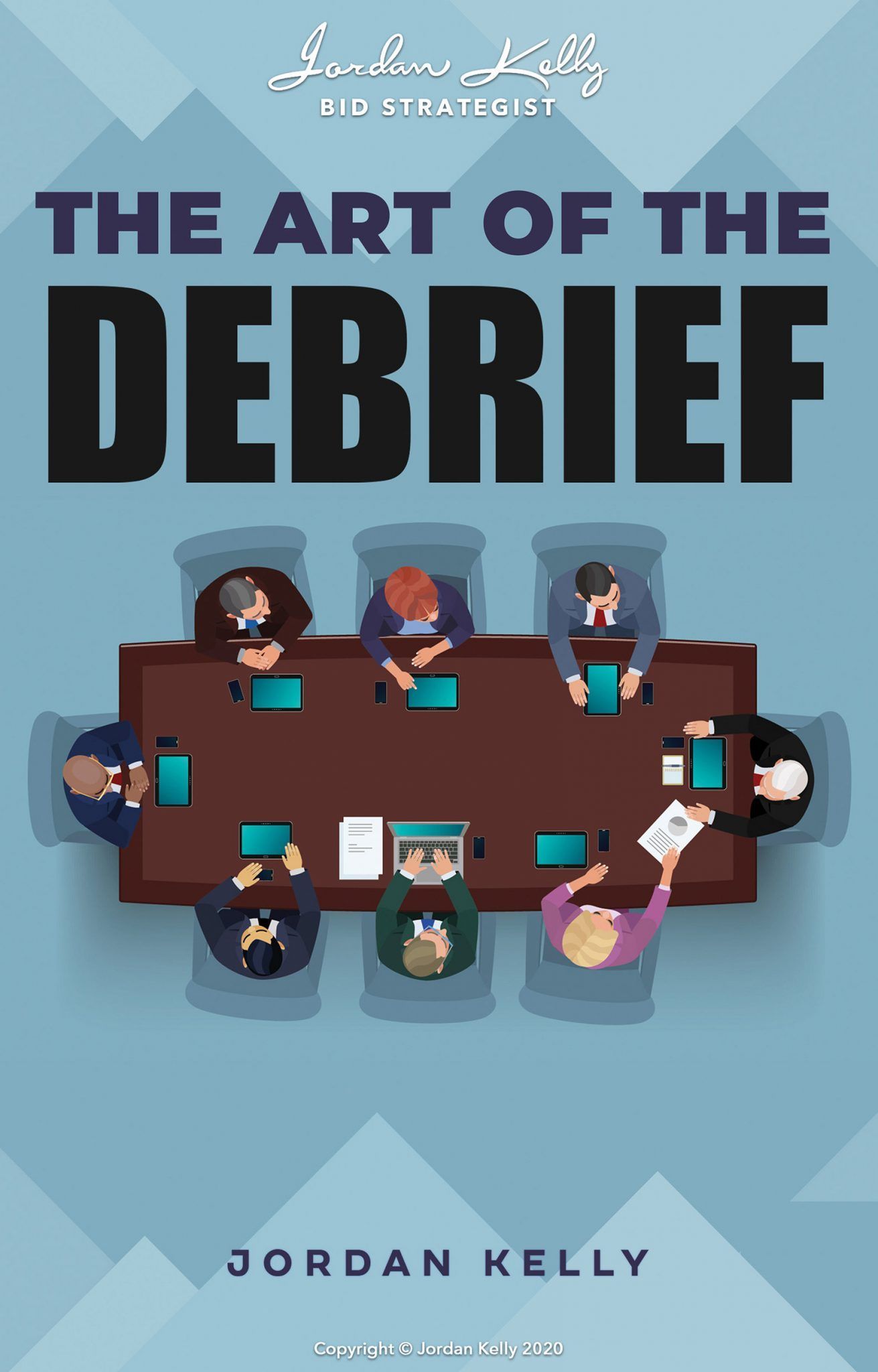CATEGORIES:

As a leader, one of the most success-critical qualities you can model for your customer-facing teams (especially business development (BD) and sales operatives) is active, strategic listening.
I’m always surprised at how many people think they’re great listeners . . . but aren’t. Unfortunately, that often includes revenue-generating, frontline personnel.
The discrepancy between the way poor listeners see themselves (i.e. the many who see themselves, ironically, as good listeners) and the reality of their communications performance, has its roots in a simple distinction: listening versus hearing.
Listening and hearing aren’t always the same thing. Sometimes they are, but often they’re not. It depends on the orientation and attitude of the “listener”.
A BD, for instance, can have many different ways of “listening”.
Here are a few:
Cursory Listening
This is “quick and dirty” listening, often the type of listening extended when the “listener” is “mentally multi-tasking”, or not deeply interested.
Shallow Listening
Closely related to cursory listening, this is the type of listening that takes place when the BD or other customer-facing operative is of the belief that he or she already knows what the customer/client is about to say, already understands their problem/objective, and/or already knows the solution . . . or, at least, the solution it suits themselves to propose.
Needless to say, this form of listening is often underpinned by arrogance.
Inquisitive Listening
Moving into the more productive forms of listening, “inquisitive listening” is the first step towards real client-centricity, real problem-solving.
Unlike the above brands of listening, it’s a mode in which the operative genuinely “hears” the client or customer.
In this more (but not yet peak) strategic form of listening, the client-facing operative is able to gather and identify components of information that are critical to the formulation of a solution. That is, of course, if that operative is genuinely driven by the desire to act in the customer’s or client’s best interests, in terms of the solution to be arrived at.
Strategic Listening
In this optimum form of listening, the operative hears the client at a very deep level.
The operative picks up on his or her key motivating forces – the pain the client organisation wants to avoid; the rewards sought both by that organisation, its personnel and its key stakeholders; the fears; the areas in which they seek clarity and direction over pre-existing confusion and indirection, and other intangibles.
In this form of listening, the operative “listens between the lines”, empowering himself or herself with the ability to ask progressively more insightful questions.
The client-facing executive who can perform at this level is also one who understands that information does not, in and of itself, constitute intelligence. He or she knows, however, that the answers to well-considered, quality questions loan themselves to conversion into valuable intelligence.
The communicator who has the smarts, the humility and the patience to listen at this level is a potential power tool for his or her enterprise.
THINK AND WIN BIDS
Winning High-Value, High-Stakes Bids through Superior Questioning, Listening & Thinking Skills
(Book)
The three fundamental skills of a genuinely sharp, sustainably successful bid professional are the ability to think, listen and ask quality questions.
Furthermore, formulating successful business development and bid strategies is the process of well-directed research and thinking; not the product of tools and templates.

THE ART OF THE DEBRIEF
(Training Program)
The key to getting the best value from any de-briefing session is to plan carefully, in order to extract every possible clue from the process . . . and to ensure the permanent incorporation of those insights into future bidding processes.
Available as a two-module learning experience your team can guide itself through, in real-time, as it prepares for a debriefing session OR as a course I can customise and facilitate personally for your enterprise.



